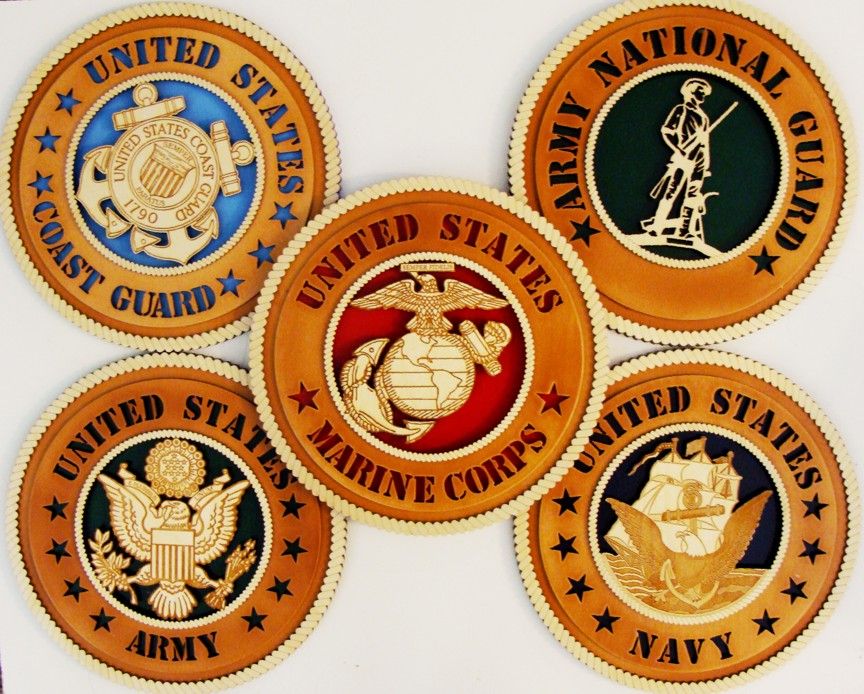Best Military Reserve Branch

Introduction to Military Reserve Branches

When considering a career in the military reserves, one of the most critical decisions is choosing the right branch. Each branch of the military has its unique reserve component, offering different career paths, training opportunities, and deployment scenarios. The decision of which branch to join depends on various factors, including personal interests, career goals, and the type of service one wishes to provide. In this article, we will explore the different military reserve branches, their roles, and what makes each one unique.
Understanding the Military Reserve

The military reserve is a component of the armed forces that is not on full-time active duty but can be called upon to serve in times of need. Reservists typically attend drills one weekend a month and participate in a two-week annual training each year. They can be deployed in support of military operations, humanitarian missions, or domestic emergencies. The reserve components of the U.S. military include the Army Reserve, Navy Reserve, Air Force Reserve, Marine Corps Reserve, Coast Guard Reserve, and the National Guard.
Army Reserve

The Army Reserve is the largest of the reserve components, with a diverse range of jobs (Military Occupational Specialties or MOS) that mirror those found in the active Army. From infantry and artillery to engineering, medical, and administrative roles, the Army Reserve offers opportunities for individuals with various skills and interests. The Army Reserve is known for its citizen-soldier concept, where reservists can serve their country part-time while pursuing civilian careers.
Navy Reserve

The Navy Reserve provides strategic depth to the Navy’s active-duty force, supporting a wide range of operations from aviation and ships to submarines and special operations. Navy reservists can serve in traditional drilling roles or in more specialized capacities, such as in the Navy’s Full-Time Support (FTS) program, where they serve in full-time roles supporting the reserve component. The Navy Reserve offers a unique blend of part-time service with the opportunity to be part of a highly specialized and technologically advanced force.
Air Force Reserve

The Air Force Reserve is a vital part of the nation’s air power, offering a broad spectrum of career fields, including aviation, space operations, cyberspace, and support functions like logistics and medical services. Air Force reservists can serve in flying roles, such as pilots and navigators, or in mission support roles, contributing to the Air Force’s global operations. The Air Force Reserve is known for its focus on air and space superiority, providing reservists with the opportunity to be part of cutting-edge operations.
Marine Corps Reserve

The Marine Corps Reserve is a combat-ready force that augments the active-duty Marine Corps, supporting expeditionary and crisis-response operations. Marine reservists train to the same standards as their active-duty counterparts, preparing them for the rigorous demands of Marine Corps service. The Marine Corps Reserve emphasizes leadership, teamwork, and community, offering a tight-knit and challenging environment for those who serve.
Coast Guard Reserve

The Coast Guard Reserve supports the U.S. Coast Guard’s diverse missions, including maritime law enforcement, search and rescue, marine safety, and environmental protection. Coast Guard reservists can serve in roles such as boating safety, marine inspection, and port security, among others, contributing to the safety and security of U.S. waterways and coastlines. The Coast Guard Reserve offers a unique blend of military service with a focus on domestic operations and community engagement.
National Guard

The National Guard is a reserve component with both federal and state missions. Guardsmen can be called upon to support military operations overseas or to respond to domestic emergencies, such as natural disasters. The National Guard is divided into the Army National Guard and the Air National Guard, each offering a range of career fields and opportunities for service. The National Guard is known for its community-based approach, where guardsmen serve close to home and can quickly respond to local needs.
Choosing the Best Military Reserve Branch

When deciding which military reserve branch to join, several factors should be considered: - Career Goals: What type of job or career field are you interested in? Different branches specialize in different areas. - Deployment and Service: Consider the likelihood and nature of deployments, as well as the type of service you wish to provide (e.g., combat, support, humanitarian). - Training and Education: Look into the training opportunities and educational benefits offered by each branch. - Lifestyle and Commitment: Balance your desire to serve with your civilian life, considering the time commitment required by each branch. - Culture and Community: Research the culture, values, and sense of community within each branch to find the best fit for you.
📝 Note: Each branch has its unique culture, opportunities, and challenges. It's essential to research thoroughly and, if possible, speak with current or former members of each branch to gain a deeper understanding of what to expect.
In conclusion, the best military reserve branch for an individual depends on their personal preferences, career aspirations, and what they hope to achieve through their service. Whether one is drawn to the Army Reserve’s diverse career paths, the Navy Reserve’s technological advancements, the Air Force Reserve’s focus on air and space superiority, the Marine Corps Reserve’s rigorous training, the Coast Guard Reserve’s domestic operations, or the National Guard’s community-based service, there is a place for everyone in the military reserves. By considering these factors and exploring the opportunities within each branch, individuals can make an informed decision that aligns with their goals and values.
What is the main difference between active duty and reserve service in the military?

+
The main difference is the level of commitment. Active-duty members serve full-time, while reservists typically serve part-time, attending drills one weekend a month and participating in a two-week annual training.
Can I choose my job or career field in the military reserves?

+
To some extent, yes. While the military’s needs can sometimes limit choices, many reservists are able to pursue careers that align with their civilian skills or interests. It’s best to discuss your options with a recruiter.
Do military reservists receive benefits like active-duty members?

+
Yes, military reservists are eligible for many benefits, including educational assistance, health care, and retirement benefits, although the specifics can depend on the length and nature of their service.



